"A man ought to read just as inclination leads him, for what he reads as a task will do him little good."—Samuel Johnson
| Reviews | Limericks | Six Words | Buy Nothing |
23 December 2024
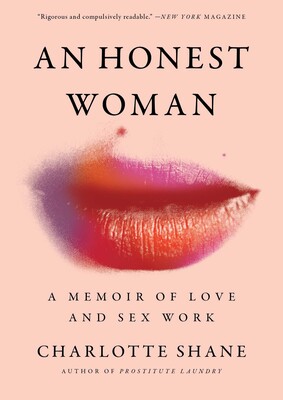
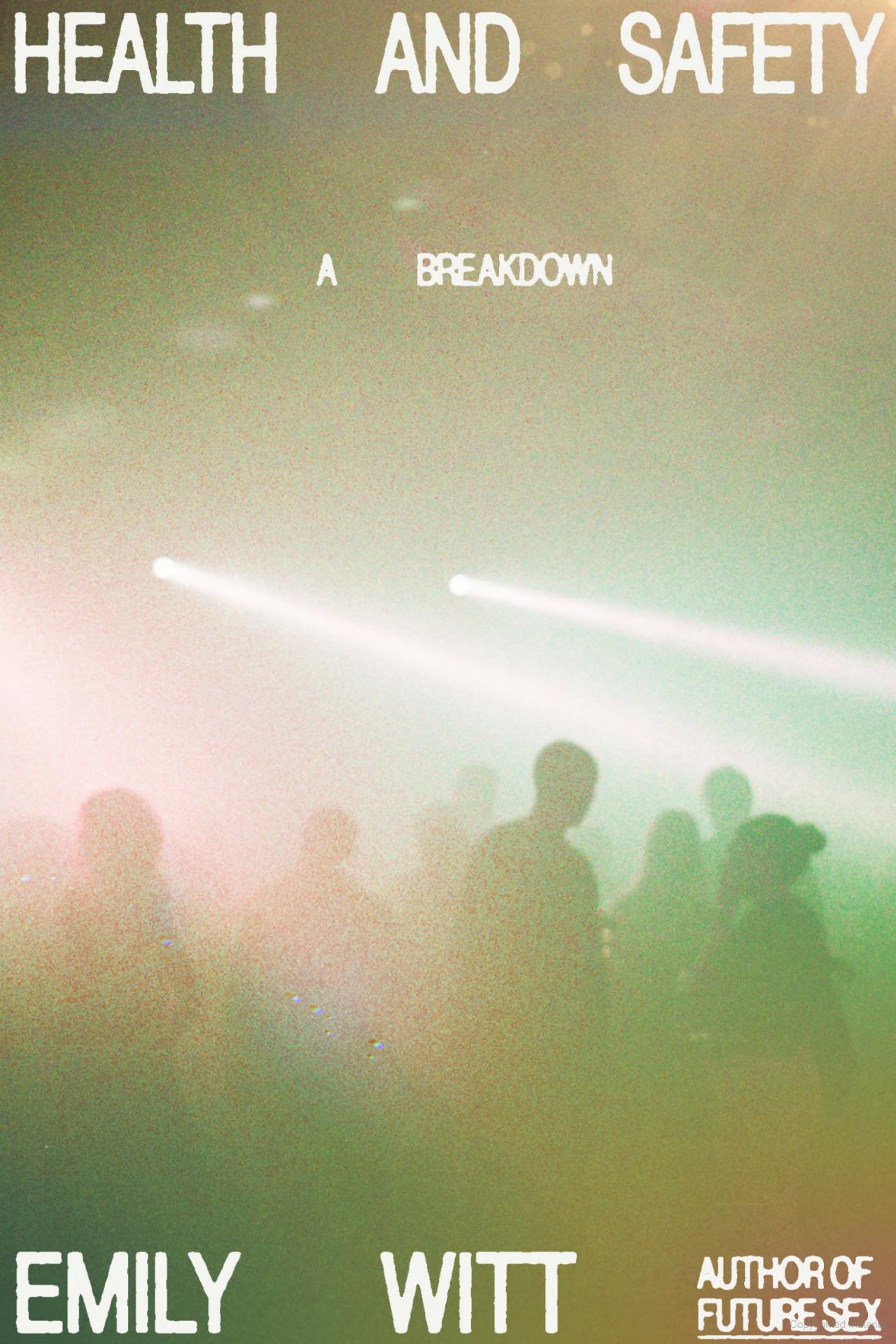 An Honest Woman: A Memoir of Love and Sex Work
An Honest Woman: A Memoir of Love and Sex Work
Charlotte Shane
Health and Safety: A Breakdown
Emily Witt
In a way these two books have a lot in common. Both are written by American women born in the early 1980s who are gifted writers, both are candid about their romantic and sexual lives. Shane discovered in her early teens that she liked sex and being attractive to men, and she turned that into a lucrative career as an escort. There is no trace of victimhood here, though one can’t help but wonder how much the fronting that’s part of every memoir factors in; every author spins themselves they way they want. But her description of being hired as a stripper for a bachelor party of ex-military guys and it being a delightful memory rings true. The main focus of the book is her long-term work with a courtly older man. She has some keen insight into what married men seek on the side, and why they stay. She seems worlds happier than Witt, who in her late thirties is chasing highs through drugs, dancing to trance music, and a consuming relationship with a man who gradually loses his mind and becomes increasingly abusive. Witt says she longs for marriage and a family, but can’t let go of a guy who it’s increasingly obvious is not going to get her there. Even after it became clear to her how cruel and unhinged her boyfriend was, she still imagined that there was a way they could be together and happy “If only I hadn’t said that to set him off.” Both Shane’s sexual adventures and Witt’s drug explorations make an exhausted reader wonder at times “why are you doing this?” But Shane seemed mostly happy and was getting compensated handsomely, and Witt was miserable for free.
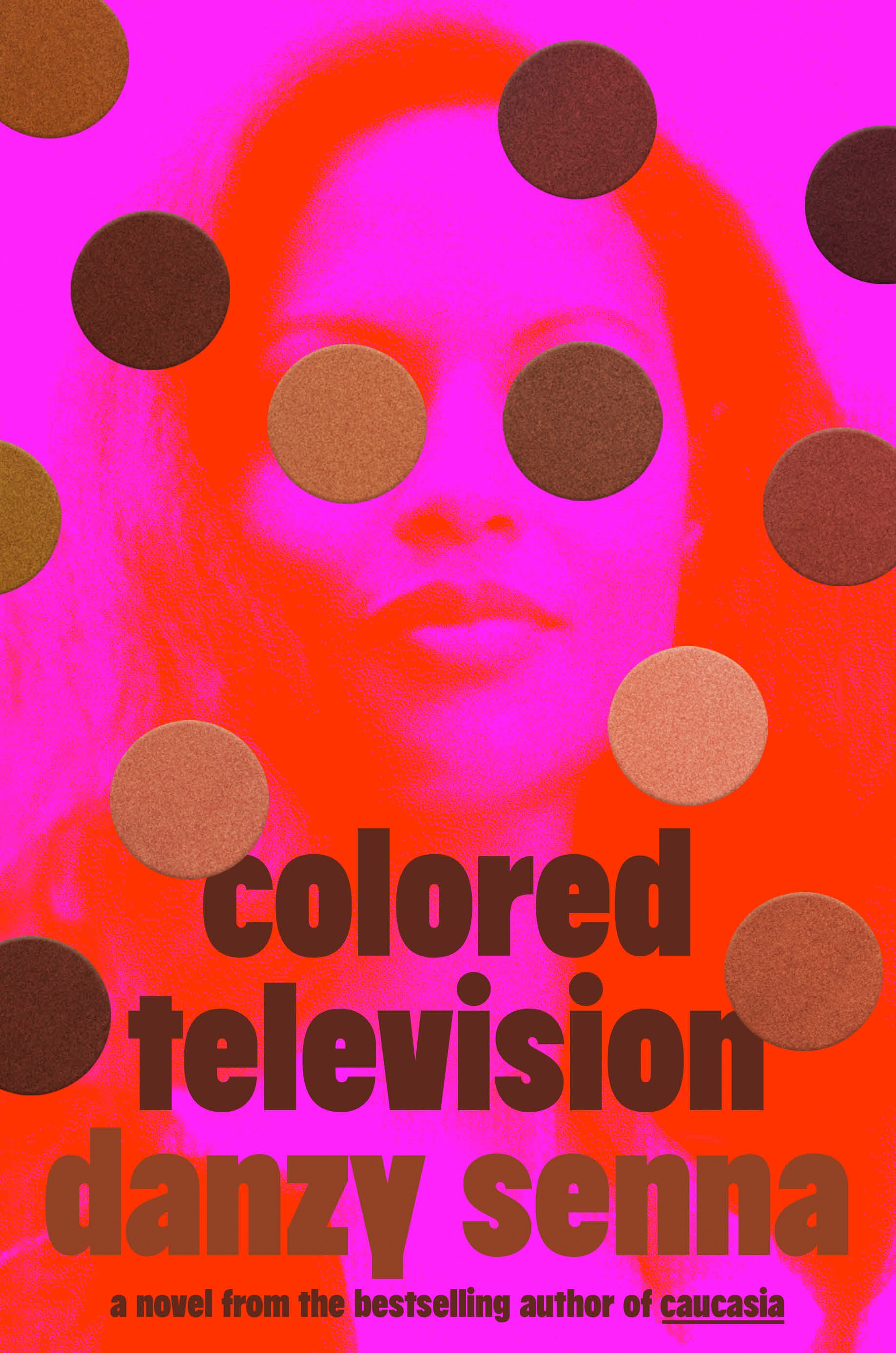 Colored Television
Colored Television
Danzy Senna
A stalled novelist obsessed with the history of ‘mulattoes’ like herself is tempted to cash in and write for television. Senna is a funny observer of the everyday friction of marriage and childrearing, and seems to know well a certain sort of overeducated underemployed creative type who can use their friends to help them live beyond their means. If the ending is a little neat the winding path to get there makes up for it. I always like a story that doesn’t quite go in the direction that either the protagonist or the reader thought it would.
16 July 2024
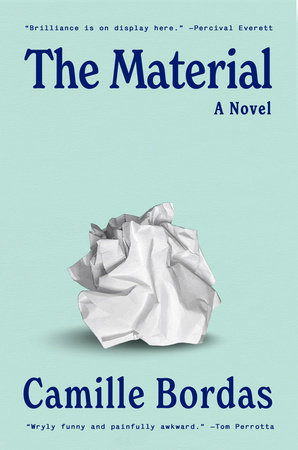 The Material
The Material
Camille Bordas
This is the novel I wanted Romantic Comedy to be! It's about the students and instructors in an MFA comedy program, the proving ground for standup comics finding their footing. Is it because Bordas is French that she isn't paralyzed by the terror of expressing an unacceptable opinion, which puts a stranglehold on humor and art? Bordas is writing in English, and aside from a couple awkward turns of phrase you would never know it's her second language. I wouldn't say it's funny (Romantic Comedy, about SNL writers, wasn't funny at all, and anyway neither is SNL 95% of the time) but it doesn't have to be. Bordas does quite a bit of musing about comedy, and writing, but it's also about guns, fame, families, aging, the Holocaust, and awkward conversations in the car. If the characters' voices are a bit indistinguishable, that's easy to forgive. They're all in the same business, which is, as one of them says, "finishing people's horrible thoughts so they didn't have to go there themselves."
23 June 2024
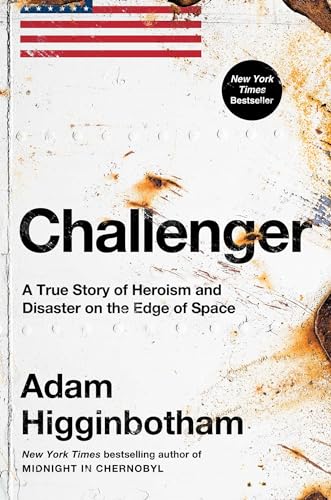 Challenger: A True Story of Heroism and Disaster on the Edge of Space
Challenger: A True Story of Heroism and Disaster on the Edge of Space
Adam Higginbotham
One of the pleasures of aging is that you can read about a time period now studied as part of history that you also experienced firsthand and remember well. Higginbotham's book about the ill-fated space shuttle mission of 1986 is both meticulously researched and narratively compelling. The shuttle held a crew of remarkable people, like Ron McNair, who as a doctoral student carried all his research around in a duffle bag (it was the seventies, there was no cloud storage), which was stolen, so he was faced with recreating years of experiments in a few months. Which he did. There aren’t any secrets uncovered in this book, but probably only those who paid close attention know the details that have come out in the intervening years. Most of us assumed, and were encouraged to believe, that when the vehicle blew up the astronauts and passengers all disappeared instantly, barely knowing what hit them. That's probably not what happened, sadly. Higginbotham lets us get to know each person on the mission, as well as other major figures in the space program’s history, like Sally Ride. And like Barbara Morgan, who was the runner-up to be the first teacher in space, who I would think would have gone from bitter disappointment to enormous relief in an instant, grateful to be left behind on earth, but who then turned around and became an astronaut herself. He also covers the history of tragic failures in the space program, most attributable to humans sacrificing care and caution and ignoring warning signs in order to save face and impress the public. His previous book was about Chernobyl.
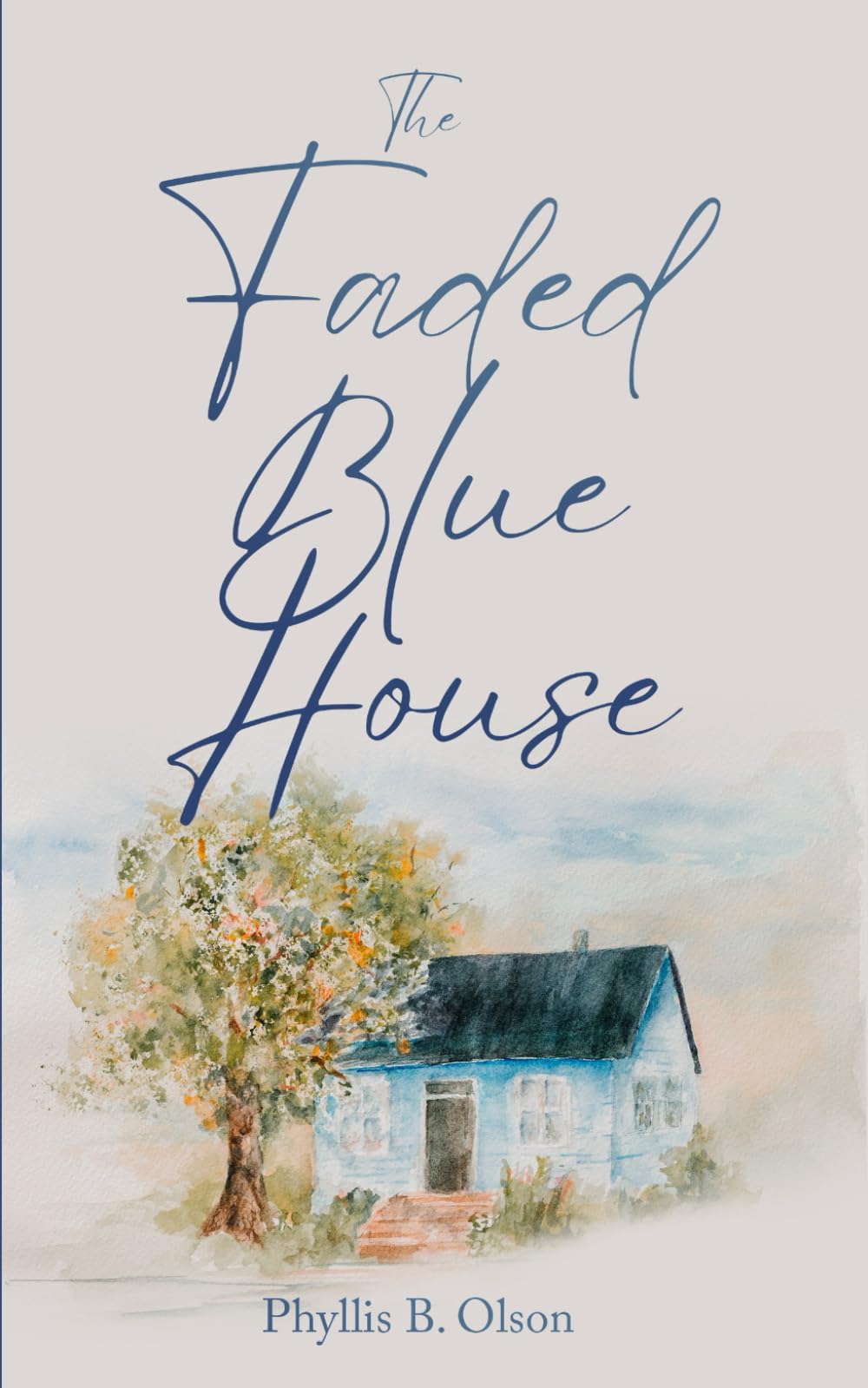 The Faded Blue House
The Faded Blue House
Phyllis B. Olson
Set in 1930s Arkansas, this novel is a family story told from the viewpoint of the matriarch, Phoebe, who is 29 years old (!). It’s an unassuming novel that’s wholesome without being sentimental, a matter-of-fact portrait of a leaner time, but not a simpler one. There are a few quite harrowing scenes, as accidents and deadly infectious diseases were part of life, just as were pushy neighbors who will take advantage of you if given a chance. But the dialogue gives life to the characters, and the story is leavened with humorous moments, such as childhood misheard words, and plenty of colorful details like feed sack dresses, black walnut cake, and a coconut as an exotic Christmas treat. It reminded me of a book I enjoyed as a child, set a generation earlier, Jeanette Gilge’s Never Miss a Sunset. It’s a window to a time now almost a century in the past, a way of life shadowed and about to be altered by World War II, and that still shapes the American imagination.
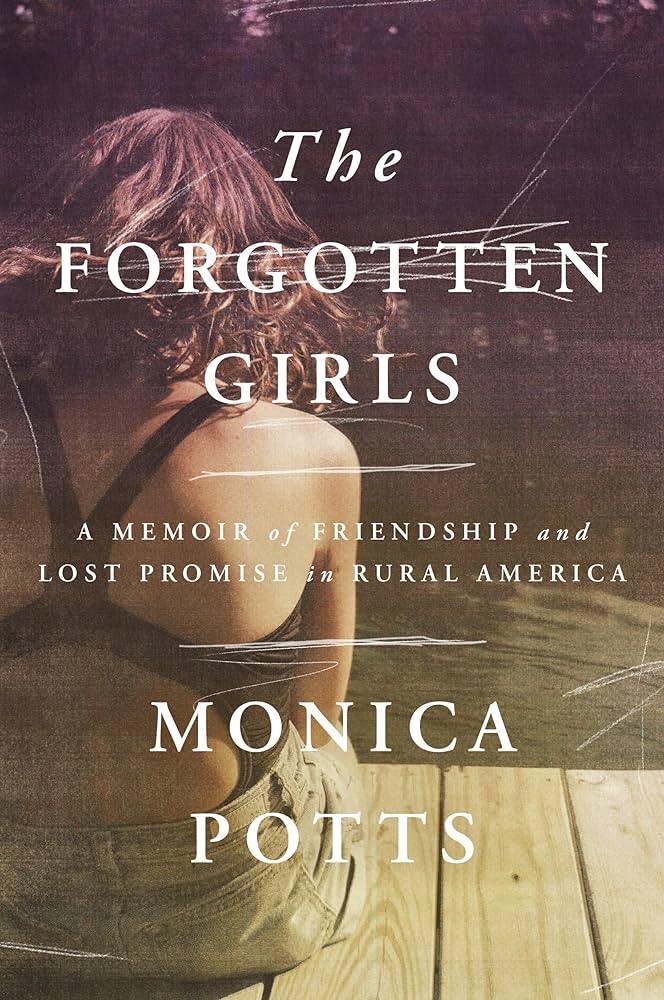 The Forgotten Girls
The Forgotten Girls
Monica Potts
Another view of the lives of women in rural Arkansas is found in Potts's book, part memoir and part reportage. Potts escaped the limited horizon of her 1980s childhood in the Ozarks, went to Bryn Mawr and became a political journalist, but her best friend Darci was never able to break free. When Potts returns to her hometown to live, she finds her friend is a single mother addicted to drugs and struggling to stay housed. Potts's thesis is that the dynamics that ensnare people in poverty hit girls the hardest, but I found her case less than convincing. But that's beside the point; our focus should be on breaking these cycles of despair for both girls and boys.
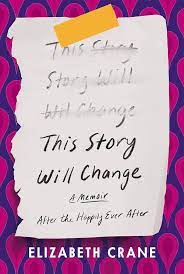
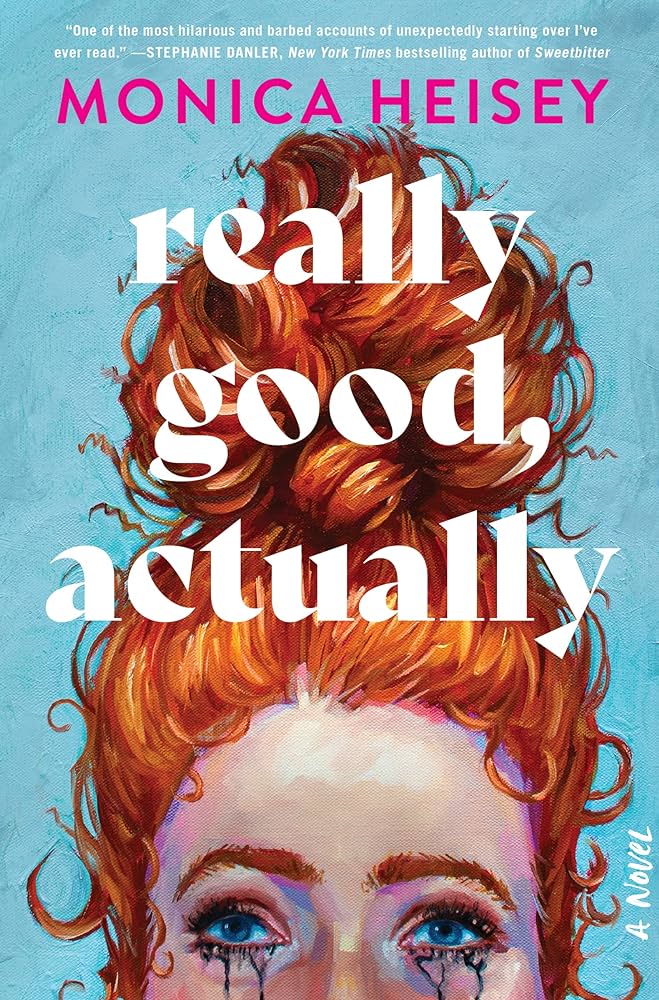
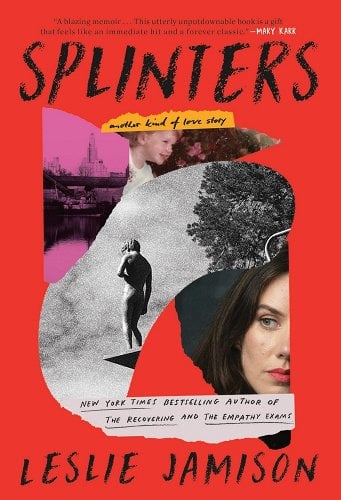
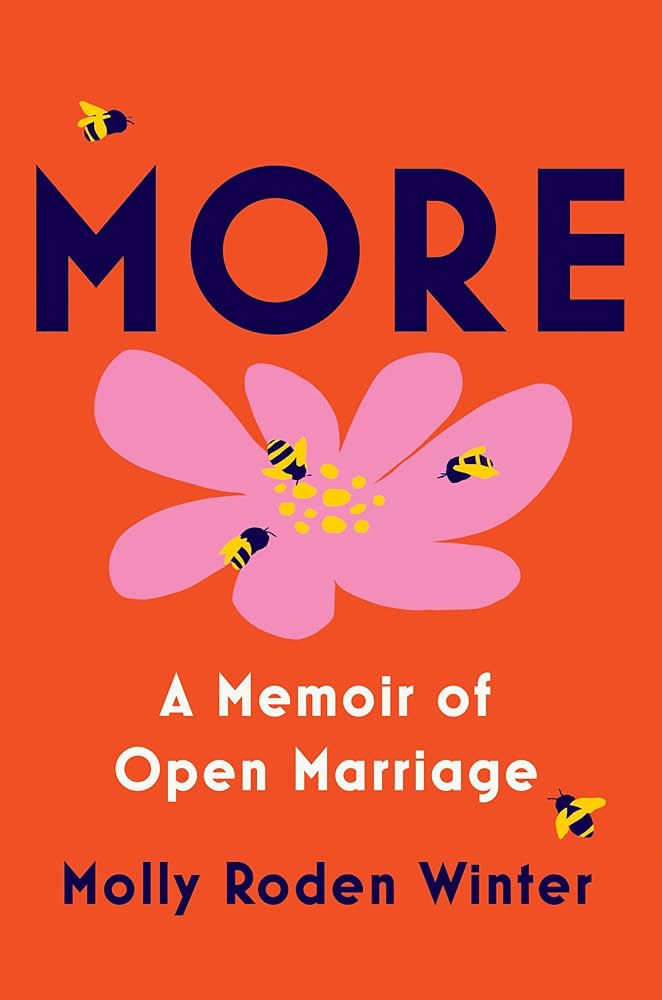 In the past few months I’ve read several first-person accounts of women navigating messy relationships: The best-written was Splinters: Another Kind of Love Story by Leslie Jamison,
about walking out on a miserable marriage while her daughter is still an infant and plunging immediately back into online dating and obsessive texting with an unattainable crush.
This Story Will Change: After the Happily Ever After by Elizabeth Crane is also compulsively readable, about a woman whose younger husband suddenly leaves her for someone else.
Really Good, Actually by Monica Heisey is really good and actually a novel that reads like a memoir, about a thirtyish woman also reeling from a sudden divorce.
It’s easily the funniest of the lot. And More: A Memoir of Open Marriage by Molly Roden Winter isn’t especially well written and does not make polyamory look like any fun at all—she
seems to be trying very hard to convince herself that it’s “empowering” but it’s her husband that’s pushing her to date these not particularly nice guys—but it’s still hard to put down.
In the past few months I’ve read several first-person accounts of women navigating messy relationships: The best-written was Splinters: Another Kind of Love Story by Leslie Jamison,
about walking out on a miserable marriage while her daughter is still an infant and plunging immediately back into online dating and obsessive texting with an unattainable crush.
This Story Will Change: After the Happily Ever After by Elizabeth Crane is also compulsively readable, about a woman whose younger husband suddenly leaves her for someone else.
Really Good, Actually by Monica Heisey is really good and actually a novel that reads like a memoir, about a thirtyish woman also reeling from a sudden divorce.
It’s easily the funniest of the lot. And More: A Memoir of Open Marriage by Molly Roden Winter isn’t especially well written and does not make polyamory look like any fun at all—she
seems to be trying very hard to convince herself that it’s “empowering” but it’s her husband that’s pushing her to date these not particularly nice guys—but it’s still hard to put down.
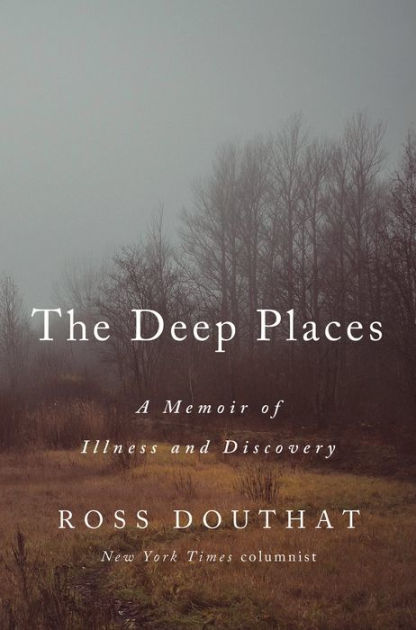
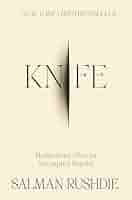 I read Salman Rushdie’s Knife: Meditations After an Attempted Murder, about coming to terms with the 2022 public attack on his life that nearly succeeded,
and Ross Douthat’s The Deep Places: A Memoir of Illness and Discovery, about a much subtler attack that led to years of chronic Lyme disease and threatened to ruin his life. Both men write from having come out on the other side of a trauma and don’t flinch from the details of their experience, still trying to make sense of what they endured.
I read Salman Rushdie’s Knife: Meditations After an Attempted Murder, about coming to terms with the 2022 public attack on his life that nearly succeeded,
and Ross Douthat’s The Deep Places: A Memoir of Illness and Discovery, about a much subtler attack that led to years of chronic Lyme disease and threatened to ruin his life. Both men write from having come out on the other side of a trauma and don’t flinch from the details of their experience, still trying to make sense of what they endured.
"There was so much to read, for one thing, and so much fine health to be pulled down out of the young breathgiving air...I was rather literary in college—one year I wrote a series of very solemn and obvious editorials for the Yale News—and now I was going to bring back all such things into my life and become again that most limited of all specialists, the 'well-rounded man.' This isn't just an epigram—life is much more successfully looked at from a single window, after all."—F. Scott Fitzgerald, The Great Gatsby
Never a spoiler.
Copyright © 1996–2026 So Much to Read
Contact: books at so much to read dot com
Copyright © 1996–2026 So Much to Read
Contact: books at so much to read dot com